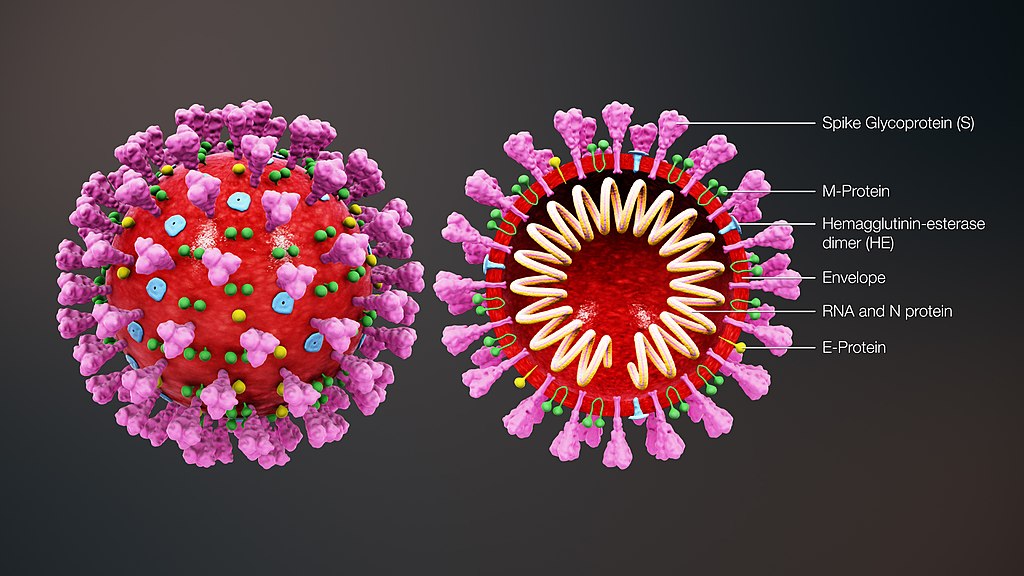
Public Health Insider, Public Health – Seattle & King County
A variant strain of the coronavirus that was first identified in South Africa has been detected in King County. The B.1.351 variant was identified through genomic sequencing at the UW Medicine Virology Laboratory on Feb. 22, 2021, from a test sample originating in King County.
The patient tested positive for COVID-19 on Jan. 29, 2021. Other details about the case, including travel history, are not available as the person could not yet be reached through contact tracing efforts.
At the same time, the lab found evidence of 19 additional cases of a different strain – the B.1.1.7 variant first identified in the United Kingdom – in Washington state.
This brings the total number of known cases of the B.1.1.7 variant in Washington to 39. Currently, there are no confirmed cases of the P.1 variant that originated in Brazil.
“COVID-19 is threatening us in new ways, and we need to rise to the challenge,” said Dr. Jeff Duchin, Health Officer, Public Heath – Seattle & King County. “The B.1.1.7 variant can spread more readily and B.1.351 viruses might reduce vaccine effectiveness. For these reasons we need to continue to do all we can to prevent the spread of COVID-19 and push our case rates as low as possible.”
“This means limiting activities outside the home, wearing well-made and well-fitting face masks, avoiding or limiting time indoors with others from outside the home and in crowded indoor spaces, improving indoor ventilation, and good hand washing,” he added.
About the variants
The variant known as B.1.351 was originally identified in South Africa in December and has been found in ten states in the U.S. At this point, it is not known to cause more severe disease, and it is not clear whether it spreads more readily than other strains.
It appears that this strain can reduce the effectiveness of some vaccines, but the vaccines still provide strong protection against severe illness and death. The Centers for Disease Control and Prevention (CDC) continues to investigate the B.1.351 variant.
The B.1.1.7 strain, first identified in the UK, seems to spread more easily and quickly than other variants. That can quickly lead to more cases of COVID-19, which would put more strain on health care resources, lead to more hospitalizations, and potentially more deaths.
Currently available vaccines should provide good protection against this strain. Evidence of this strain in Washington state was first found a month ago.
What works
The SARS CoV-2 variants of concern may have new tricks up their sleeves, but they still spread in the same ways as the earlier coronavirus strain: person-to-person and mostly through the air as people cough, talk, sing, or breathe. That means the measures we know are effective to counter the earlier strain of SARS-CoV-2 will also help protect us from the variant strains:
- Wear a well-made mask of two or more layers that fits snugly to your face without gaps
- Keep gatherings outside whenever possible
- Avoid any social gatherings indoors, but if participating, wear a mask and ensure windows and doors are open to maximize ventilation
- Wash your hands often, don’t touch your face, and carry hand sanitizer for use when water and soap are not available
- Stay home if you are sick or if you have been exposed to COVID-19
- Isolate and get tested for COVID-19 if you have symptoms or were exposed to someone who tested positive
- When you are eligible, make an appointment to get vaccinated
Originally published February 23, 2021.


